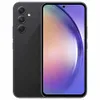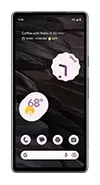The Pixel 8a is coming soon — and I hope it's not Google's last A-series phone
Google's midrange phone serves an important role
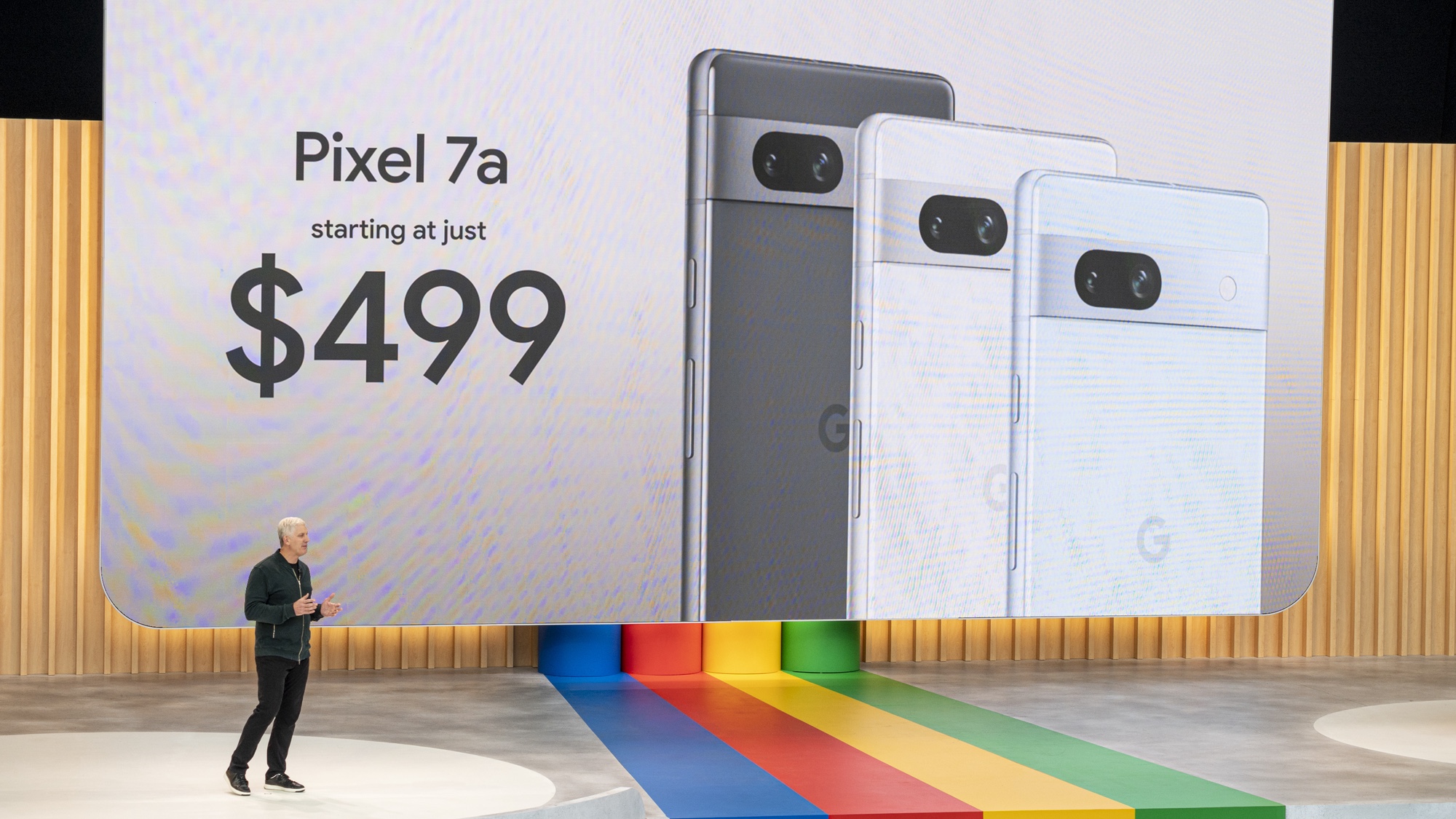
If the steady stream of Pixel 8a rumors hasn't tipped you off, we're about to get a new midrange phone from Google. Once alleged product information sheets begin popping up online, as they have for the Pixel 8a, it's only a matter of time before a phone maker is holding a launch event.
In the case of the Pixel 8a, that figures to be at Google I/O, which takes place on May 14. The developers conference may focus on things like Android 15 and Google's AI efforts, but there's a very good chance Google will use the occasion to show off new hardware, too, as it's done in the past.
One thing's also clear about the Pixel 8a: the moment it appears, people will start wondering if this will be the last A Series phone Google releases.
That's become a bit of a tradition as of late, as lower-cost Pixel A phones have become harder to distinguish from Google's regular Pixel flagships. Last year, it was leaker Yogesh Brar declaring that "it is certain that there won't be any 8a coming" after the Pixel 7a saw a boost in both specs and price. And while the Pixel A, RIP talk has been more muted this time around, you will see people arguing that the A Series phones have served their purpose and Google should drop future models to instead focus on the main Pixel flagships.
Pixel a series seems to be coming to an end. With the spec and price bump on the Pixel 7a, it is certain that there won't be any 8a coming.Google will likely stick with vanilla and Pro models alongside a foldable going forward. Something similar might happen with SamsungMay 1, 2023
I think it would be a mistake if the Pixel 8a winds up as the final entry in the A Series lineup. Google's midrange phones have routinely ranked among the best cheap phones available. Since Google's switch to its own Tensor chips, the A Series devices have put AI-powered features in the hands of more users. We can't judge whether the Pixel 8a lives up to this tradition until it arrives and we've had a chance to review it, but there's no reason to believe it won't be another example of Google deftly blending valuable features and a low price tag.
Why discontinue the Pixel A phones
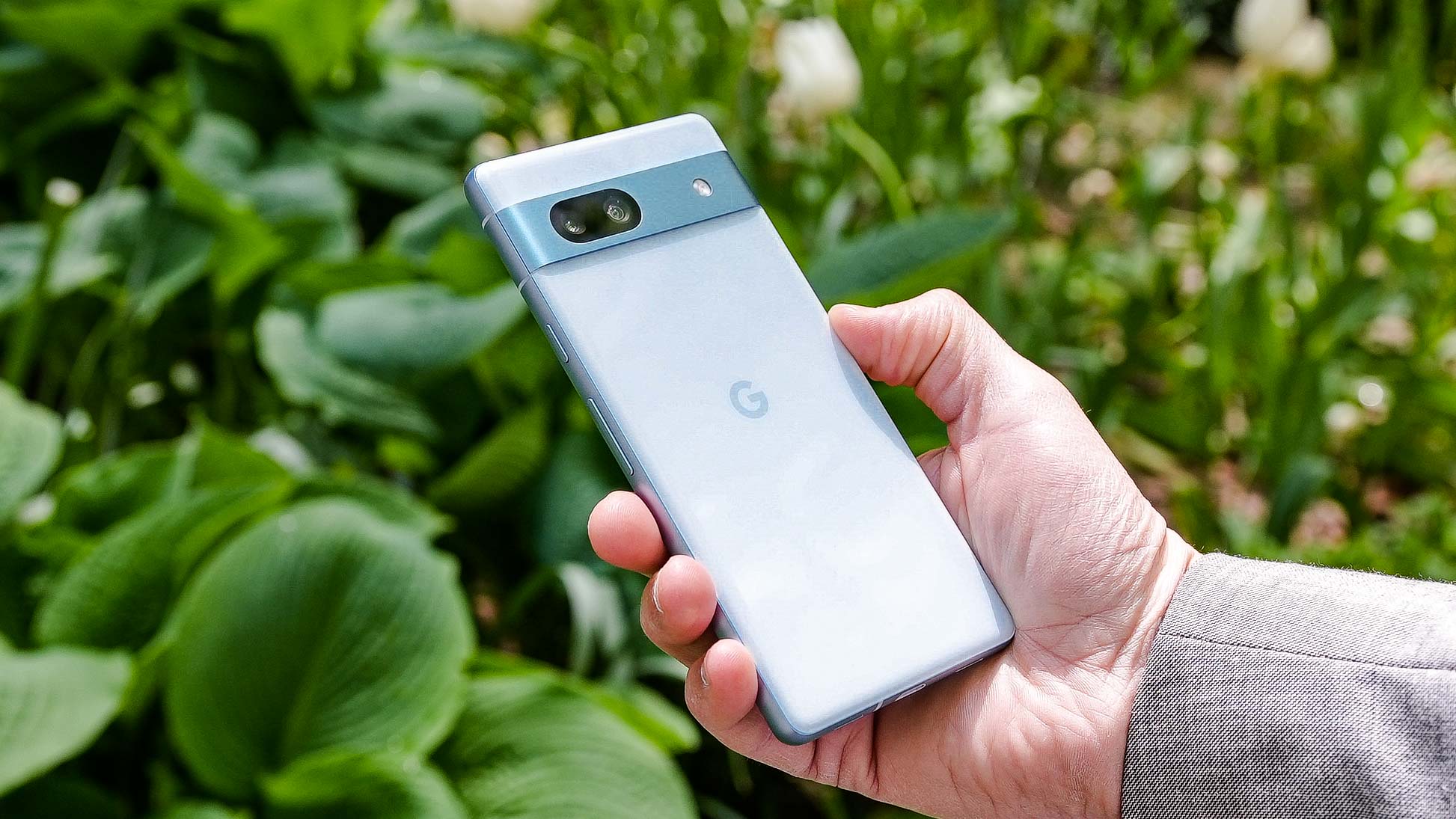
That's not to say there isn't an argument to be made for putting a stop to the Pixel A phones, whether it's after the Pixel 8a's release or further down the line. In fact, you could easily point to at least three reasons why the A Series might be cramping Google's style.
For starters, the feature set on the Pixel A phones is getting awfully close to what you can expect from an entry-level Pixel flagship. The lower-cost phone runs on the same chipset as the Pixel flagship that came out half-a-year earlier, and the array of AI capabilities is largely the same. You don't get a telephoto camera like you do on the Pro model of Google's flagship, but otherwise, camera performance is pretty indistinguishable, as we found out when conducting a Pixel 7a vs. Pixel 7 camera face-off. The Pixel A Series models even look the same as the flagships they follow into the marketplace.
Get instant access to breaking news, the hottest reviews, great deals and helpful tips.
If Pixel 8a rumors are accurate, the feature gap could narrow even further. One rumor has Google boosting the refresh rate on the Pixel 8a display to 120Hz, which would match the Pixel 8. The display on the new phone could also offer the same maximum brightness as Google's flagships.
While Pixel A Series devices have added to their feature set, the price of these phones has also climbed upward. Last year, the Pixel 7a cost $499, a $50 increase from its predecessor. Early Pixel 8a pricing rumors suggested another price hike might be in the works, again narrowing the gap with the starting price of Google's flagships. (A subsequent rumor now claims the Pixel 8a will match the Pixel 7a's $499 price, which takes some of the teeth out of this argument.)
Looking ahead to the Pixel 9, it's becoming increasingly clear that this fall's release will feature three new flagships. Along with the standard Pixel 9, Google is rumored to be developing two Pro models — one with a large screen along with a more compact model. Throw in the follow-up to the Pixel Fold, which is tipped to join the Pixel 9 lineup, and that's a lot of phones for Google to keep track of. The A Series device starts to feel like the odd phone out.
Why continue with the Pixel A phones
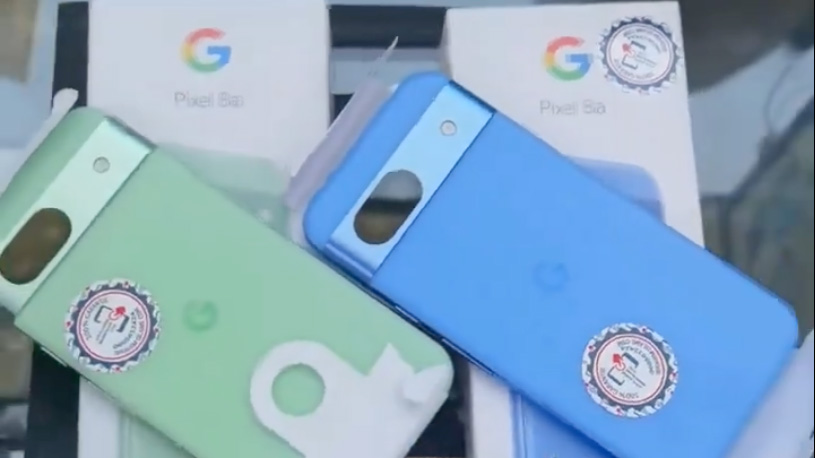
Whether you agree with those arguments, I think there's a stronger case for continuing to develop Pixel A phones long beyond the Pixel 8a's release this month. Google's lower-cost phones have been an area of strength for the company, and I don't see that being jettisoned any time soon.
That's because there's a market out there for more affordable phones. Not everyone wants to pay $700 or more for a smartphone, and a feature-rich device like past Pixel A models meets the needs of people on a more limited budget. The Pixel A phones also make Google an attractive option in countries where pricier flagships are simply out of reach for most consumers.
Of course, that appeal depends heavily on Google holding the line on Pixel A pricing. If the Pixel 8a comes in at $499, then it's still in the conversation as one of the best cheap phones that appeals to a wider customer base. If not, well, then we'd need to start asking questions about the phone's purpose.
Even then, there's been a standout feature on these phones dating back to the release of the original Pixel 3a — these are the very best camera phones for the price.
Take a photo with the Pixel 7a, for instance, and you're going to wind up with a shot that can stand up against images captured by far more expensive phones. That's a testament to Google's photo processing powers and the way it uses AI to help you produce better shots. We won't know if the Pixel 8a lives up to that reputation until we get a chance to test the phone's cameras, but with a Tensor G3 chipset likely to power the phone, we can expect features like Best Take and Magic Editor to appear on the new phone. The end result should be better photos than what you'd expect from similarly priced phones.
And that gets to the heart of why Pixel A devices are such an important part of Google's phone lineup. Google has really perfected the balance of premium features with affordability. The phone maker knows which features it can safely drop without diminishing the value of its device. Why turn your back on that winning formula if you don't have to?
Pixel 8a outlook
We'll find out soon enough if the Pixel 8a can live up to the standard set by its predecessors. But we don't have to wait until that phone's release to know that the Pixel A Series fills an important need in the smartphone landscape. And long may it continue to do so.
More from Tom's Guide
- Last-minute Pixel 8a rumors have me excited about Google’s upcoming phone
- Google Pixel 8a vs. Pixel 8: Biggest expected differences
- Google's Find My Device network has officially launched — here's what it does
Philip Michaels is a Managing Editor at Tom's Guide. He's been covering personal technology since 1999 and was in the building when Steve Jobs showed off the iPhone for the first time. He's been evaluating smartphones since that first iPhone debuted in 2007, and he's been following phone carriers and smartphone plans since 2015. He has strong opinions about Apple, the Oakland Athletics, old movies and proper butchery techniques. Follow him at @PhilipMichaels.
 Club Benefits
Club Benefits





